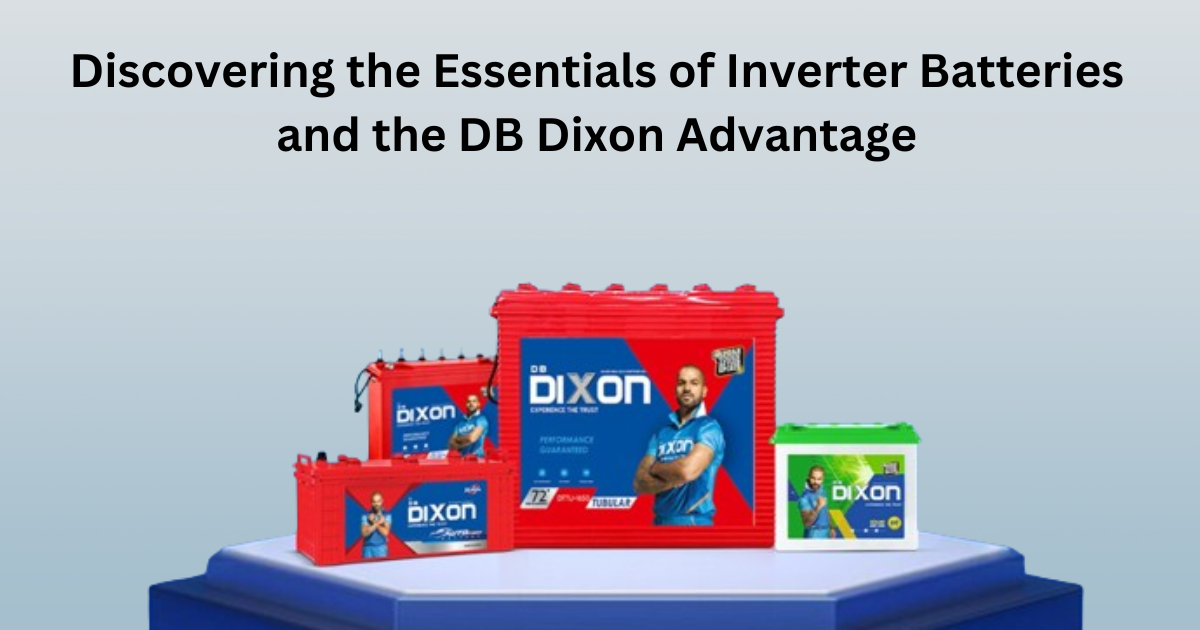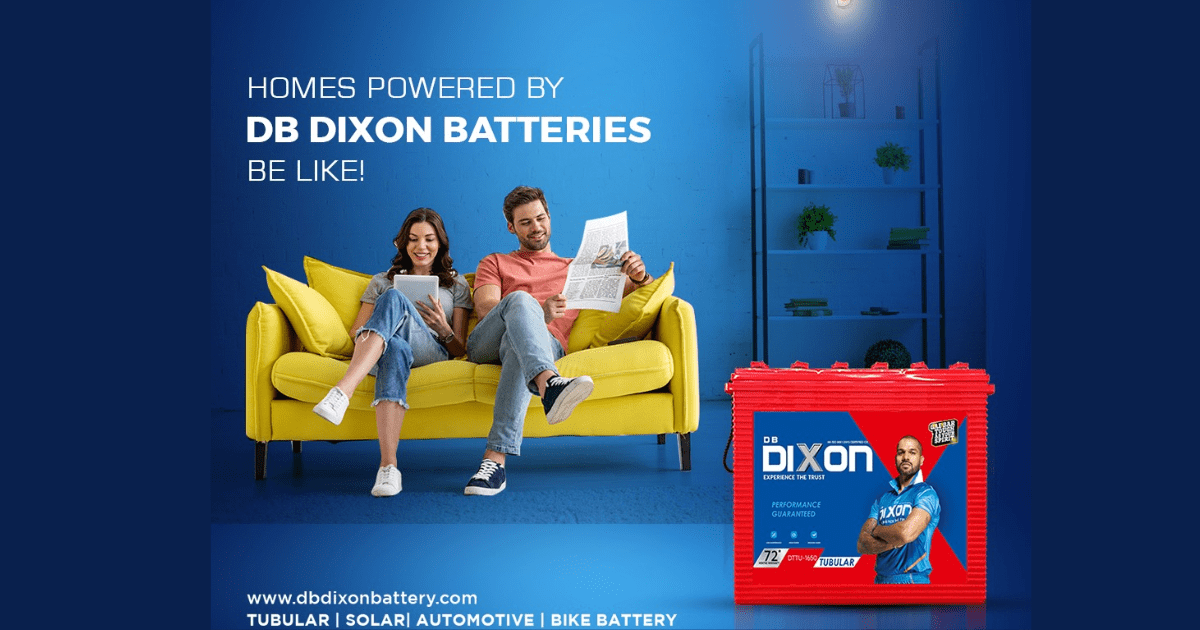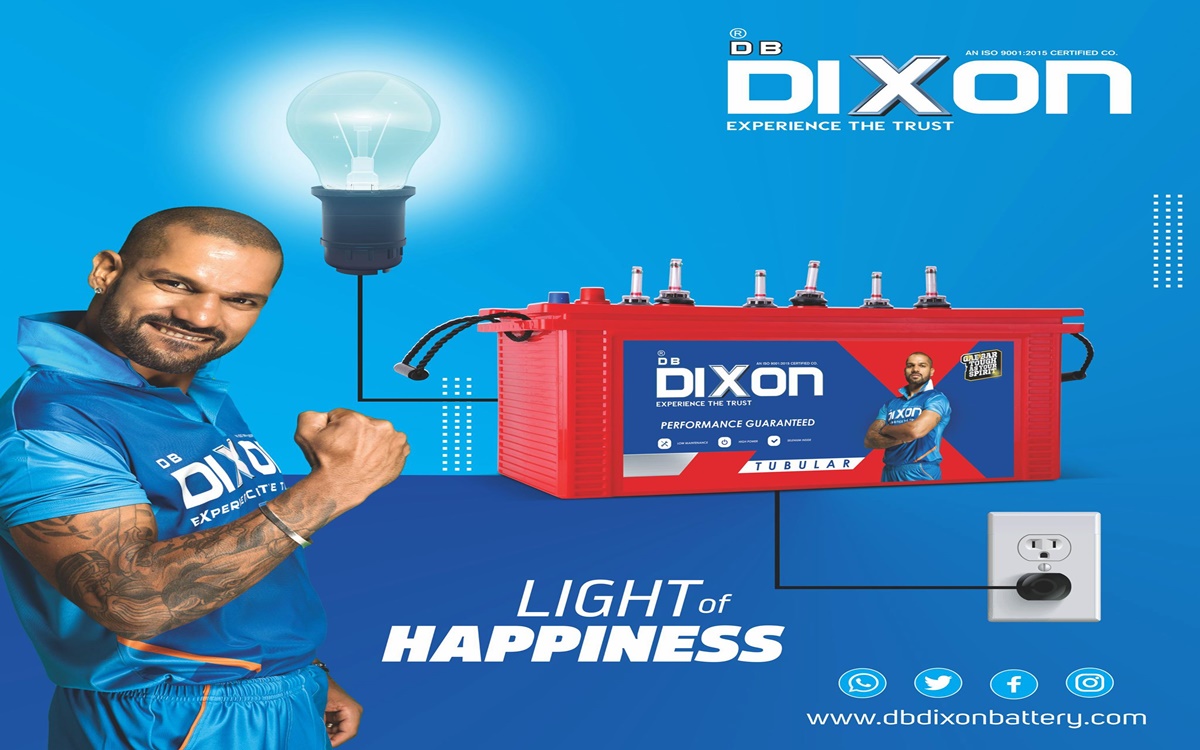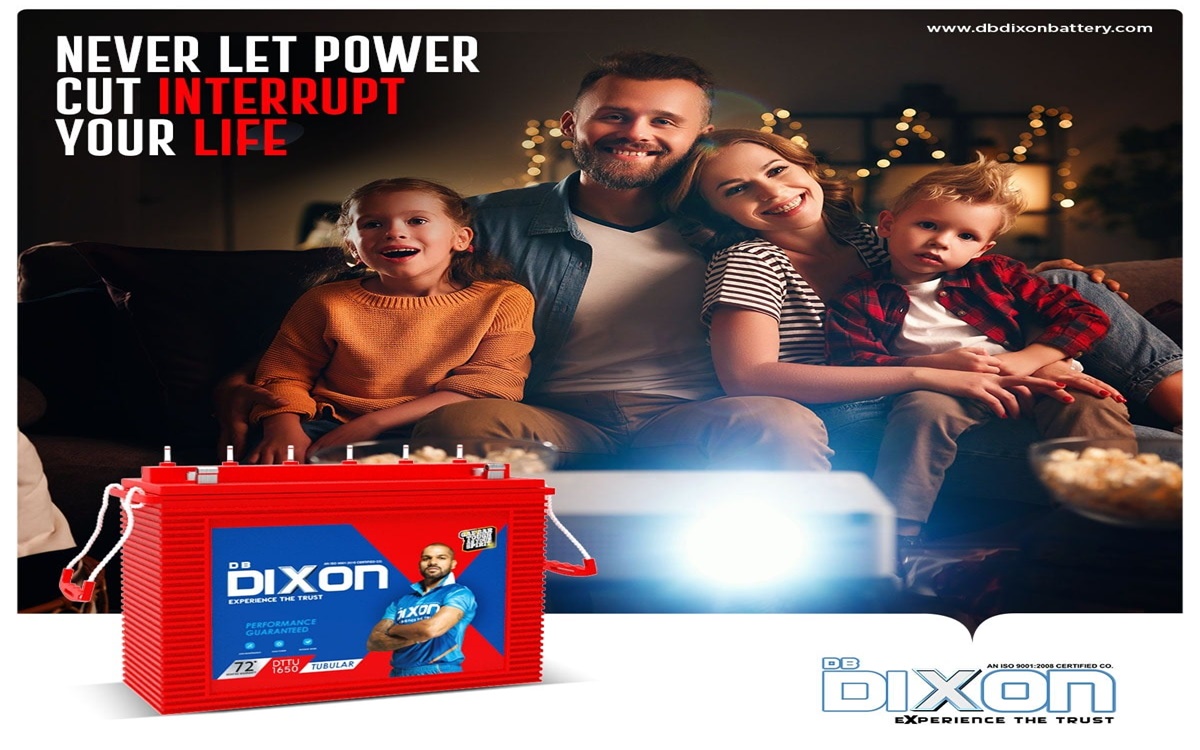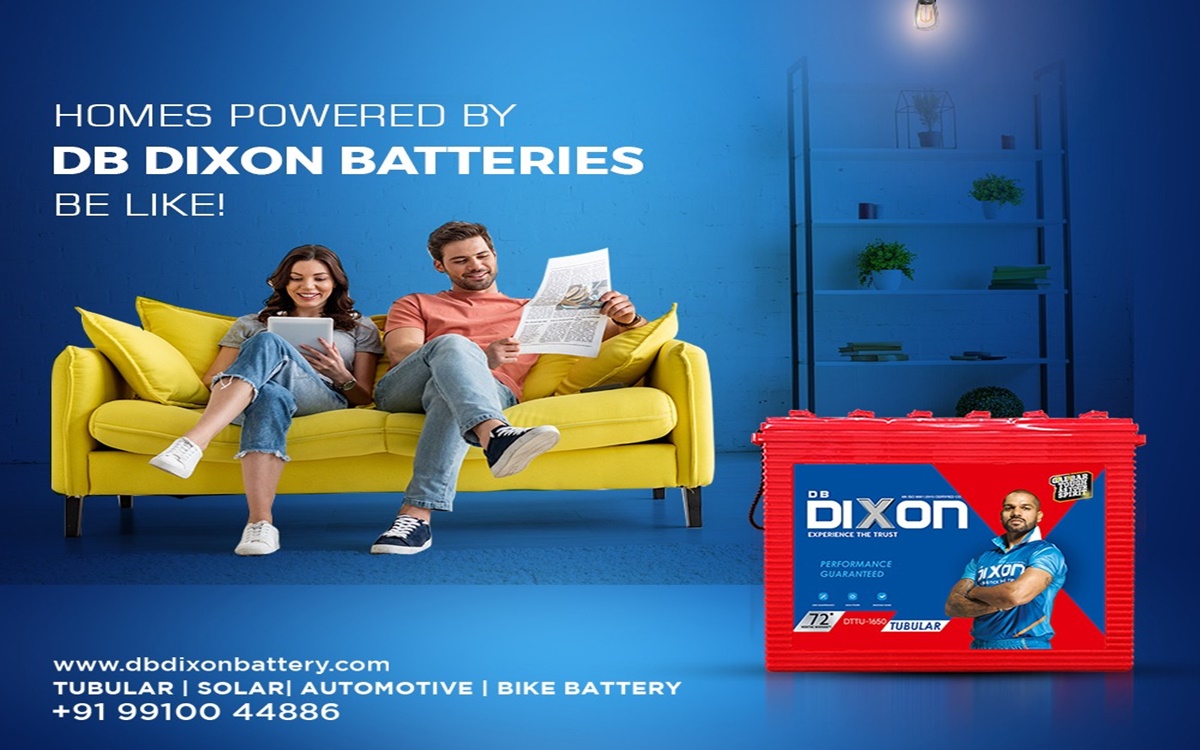Uninterrupted Power Supply (UPS) is a crucial aspect of modern living, especially in regions prone to frequent power outages. The right inverter battery plays a pivotal role in ensuring a seamless transition during these interruptions, allowing individuals to continue their daily activities without any disruptions.
1. Uninterrupted Power Supply:
Investing in a reliable inverter battery, such as those manufactured by DB Dixon, guarantees a continuous power supply. This means that even when the grid fails, your appliances and electronic devices can stay powered, providing a sense of normalcy during unexpected outages.
2. Convenience:
One of the significant advantages of inverter batteries is the convenience they offer. Manual switching between power sources during blackouts becomes a thing of the past. With a dependable inverter battery system in place, the transition is automatic, allowing you to focus on what matters without the hassle of managing power sources.
3. Safety:
Inverter batteries act as guardians for your electronic devices and appliances. They shield against voltage fluctuations and power surges, safeguarding your valuable equipment from potential damage. The investment in a quality inverter battery translates to a protective barrier for your electronic assets.
4. Energy Efficiency:
Efficiency is a key consideration when selecting an inverter battery. Opting for a high-quality product, like those from DB Dixon, ensures that the energy is used judiciously during both charging and discharging cycles. This not only contributes to energy savings but also reflects reduced electricity bills over time.
5. Backup Time:
Different inverter batteries offer varying backup times. Assessing your power needs and selecting an inverter battery with an appropriate backup time is essential. DB Dixon’s range of products provides options catering to diverse requirements, ensuring that you have sufficient backup to weather prolonged outages.
6. Durability:
Longevity and reliability are paramount when it comes to inverter batteries. Choosing a reputable brand like DB Dixon ensures that the inverter battery is durable and can withstand the test of time. This minimizes the need for frequent replacements, providing a cost-effective and sustainable solution.
Factors to Consider When Choosing an Inverter Battery:
– Capacity:
Determining the power requirements of your home or office is the first step in selecting the right inverter battery. DB Dixon offers a range of capacities to match varying needs, ensuring you find the perfect fit for your power demands.
– Battery Type:
The type of battery matters, and DB Dixon understands this diversity. Whether it’s lead-acid or lithium-ion, each type has its strengths. Researching and choosing the one that aligns with your specific needs ensures optimal performance and satisfaction.
– Brand and Warranty:
Opting for a renowned brand like DB Dixon provides peace of mind. Established brands often come with a track record of reliability and excellent after-sales support. Checking for warranty terms adds an extra layer of assurance, ensuring that you are covered in case of any unforeseen issues.
In conclusion, the importance of a reliable inverter battery cannot be overstated in today’s world. DB Dixon, as a reputable inverter battery manufacturer, stands out in the market by offering a range of products that prioritize uninterrupted power supply, convenience, safety, energy efficiency, backup time, and durability. Consideration of factors like capacity, battery type, brand reputation, and warranty terms further enhances the overall inverter battery selection process, ensuring a well-informed and satisfactory investment for individuals and businesses alike.
